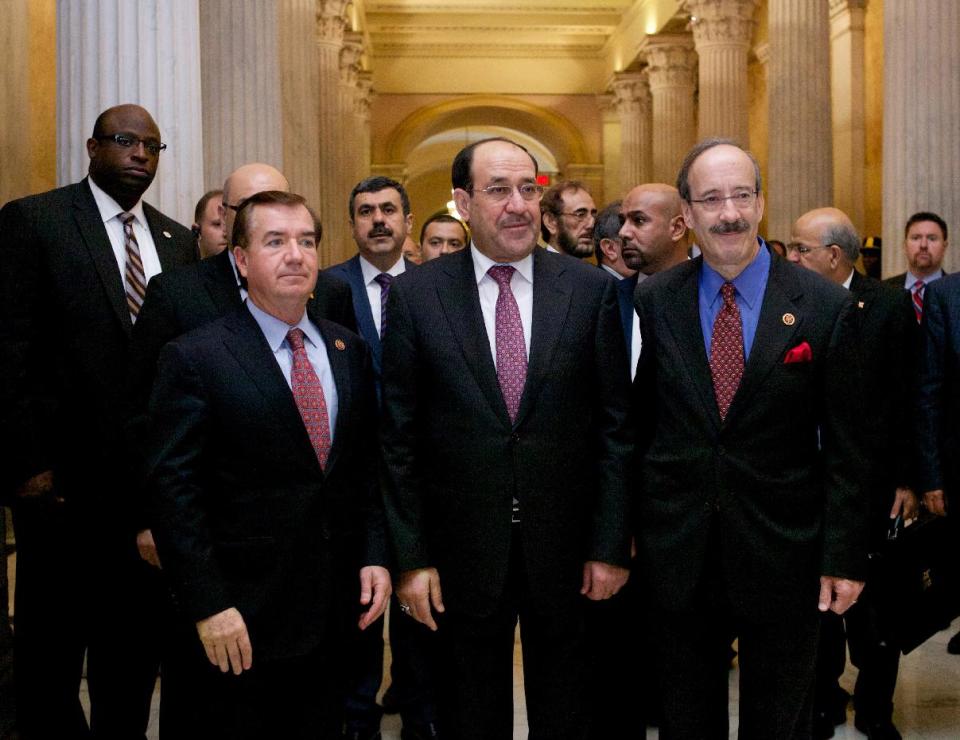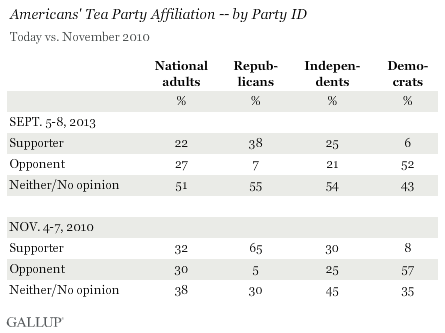
In addition, the clear example of cooperation between two two branches of government (executive and legislative) connects well to what we learned earlier in the year. Specifically, the article hones in on Senate Majority Leader Harry Reid's fluctuating relationship with President Barack Obama. Though both Democrats, both have been at odds with each other in the past. However, when facing shutdown and default, their union held the Democratic base together long enough to break the Republican front.
However, the next party that may break is the Democratic party itself. This article points to division within the party on issues related to the health care law and spying. While some candidates can afford to upset some influential party members, others cannot.
When do you think Congressmen should defect from party-endorsed policy? Although partisan politics has received much blame for the lack of progress in Congress, what merit do you think parties have in this day and age in government?
Random note for those who get it: a local news angle will come... at some point



















